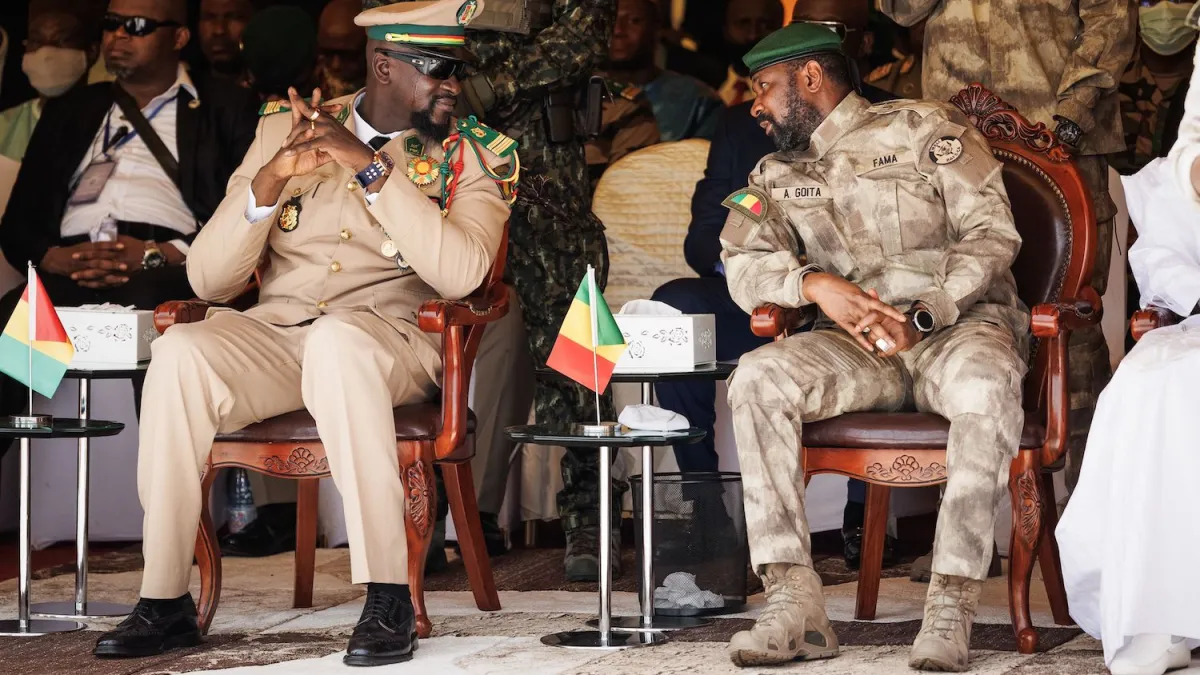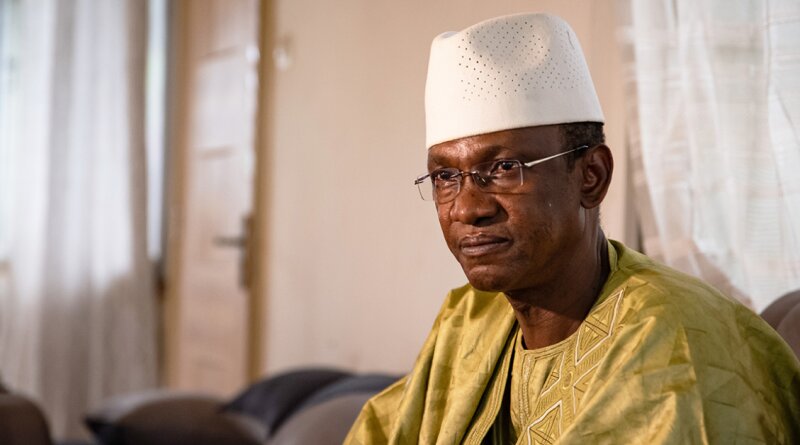|
LISTEN TO THIS THE AFRICANA VOICE ARTICLE NOW
Getting your Trinity Audio player ready...
|
Mali’s transitional government was Wednesday, November 20, thrown into further turmoil after military leader Colonel Assimi Goïta dismissed Prime Minister Choguel Kokalla Maïga and his entire cabinet. The decision, announced in a decree read on state television, came amid growing tensions within the ruling elite over the country’s prolonged transition to democracy.
The dismissal marked a significant escalation in the power struggle between Mali’s military-led administration and its civilian representatives. Maïga, a seasoned politician with a history of ministerial appointments and three presidential bids, had become increasingly vocal in his criticism of the junta’s opaque leadership. Just days before his removal, the 66-year-old openly condemned the military’s unilateral postponement of elections initially scheduled for March 2024.
The strain between Goïta and Maïga had been building for months. While the junta had originally pledged to oversee a swift return to civilian rule following two coups in 2020 and 2021, their repeated delays have fueled frustration both within Mali and abroad. Maïga’s recent public remarks appeared to be the tipping point. Speaking to supporters on Saturday, he described the indefinite postponement of elections as a breach of trust and transparency.
“The transition was supposed to end on March 26, 2024, but now it has been postponed without debate, without consultation,” Maïga lamented. “This is not normal in a government.” He warned that the lack of clarity surrounding the timeline for elections could destabilize the nation further.
His criticism resonated with some Malians, particularly those frustrated by the junta’s inability to deliver on promises of stability and reform. However, pro-military groups quickly turned against him. The Collective for the Defence of the Military accused him of betraying the junta, giving him a 72-hour ultimatum to resign—a deadline that became moot with his dismissal.

Mali’s political turbulence is set against a backdrop of years-long insecurity. Since 2012, the West African nation has grappled with a jihadist insurgency that has spread across the Sahel, exacerbating ethnic tensions and creating a humanitarian crisis. Public anger over the government’s failure to address these issues culminated in mass protests that led to the ousting of President Ibrahim Boubacar Keïta in 2020.
The military, led by Goïta, initially enjoyed widespread support after seizing power, portraying themselves as saviors of a nation plagued by corruption and insecurity. However, their popularity has waned as they struggle to contain the violence and fail to fulfill promises of democratic restoration.
Maïga’s ousting has only deepened uncertainty about the future of the transition. Analysts speculate that he may pivot to opposition politics, potentially challenging Goïta for the presidency whenever elections are eventually held. Supporters of the former prime minister have called on him to contest, arguing that his dismissal underscores the junta’s unwillingness to tolerate dissent.











LEAVE A COMMENT
You must be logged in to post a comment.